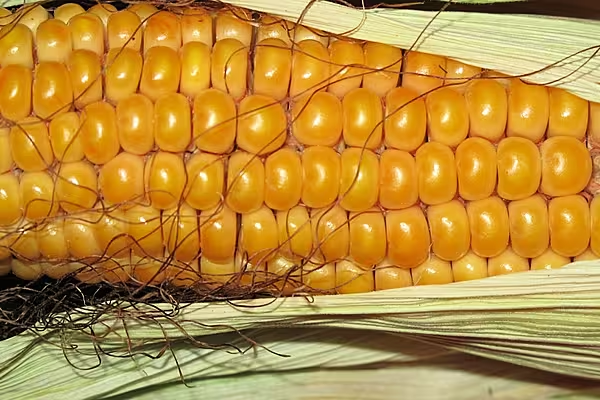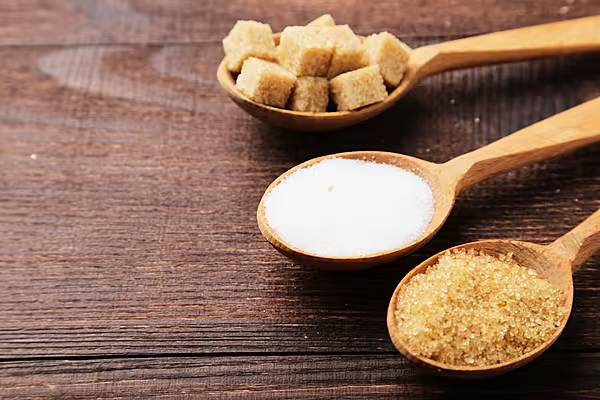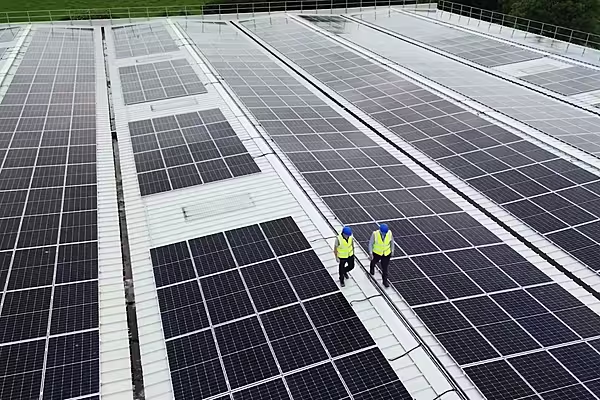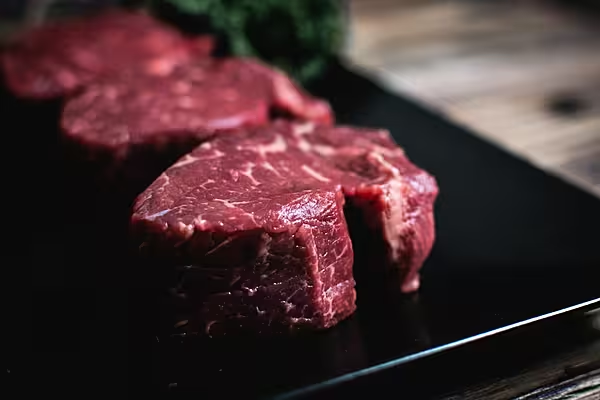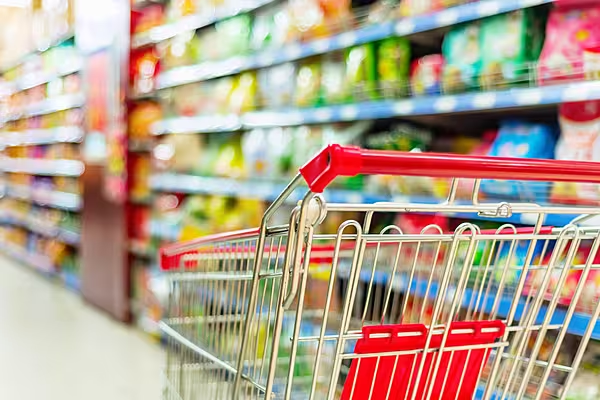Soaring corn prices are stoking food security jitters in China, where food inflation has climbed to the highest in over a decade and president Xi Jinping made a recent high-profile plea for an end to wastage.
The price surge in corn - critical for China's mammoth hog, dairy and poultry sectors - is the latest in a series of ructions that include a devastating pig disease, pandemic-driven upsets for international suppliers and warnings of a growing food supply gap.
Prices have risen as the country heads for its first real corn shortfall in years in the upcoming 2020/21 season starting in October and could face a deficit of up to 30 million tonnes, around 10% of its total crop, say analysts and traders.
Boon For Major Exporters
That would be a likely boon for major exporters like the United States and Ukraine, but threatens to push up global prices and have a knock-on impact elsewhere as some corn users switch to other grains.
"It is certain that there will be a corn shortage in the future, and we would need to import a lot next year," said an executive with a state-owned trading firm, who declined to be identified as he was not authorised to talk to media.
Maintaining food supplies is a major source of political legitimacy for the ruling Chinese Communist Party, but it has struggled to balance central planning with grain market forces.
Above-Market Prices
Struggling with bulging stockpiles, China four years ago abandoned a scheme that paid farmers above-market prices for corn and has since produced less of the grain than it consumes.
The state stockpiles that supplemented supply are now nearly gone.
Corn prices in Jiamusi at the heart of China's grain basket hit a five-year high at 2,050 yuan ($297) a tonne on 26 August, up 27% since the start of the year, before edging down in recent few days.
This has contributed to a broader rise in food prices, also driven by severe flooding in the south, pockets of drought in the northern grain belt, and a continuing pork shortage.
President Xi underscored concerns when he urged the nation to stop "shameful" food wastage, prompting many local governments to launch related campaigns.
Import Boom?
China expects a bumper 2020/21 corn crop at around 266.5 million tonnes but still not enough to meet demand, according to the agriculture ministry, which forecasts year-end stocks of minus 16.7 million tonnes.
That shortfall could be up to 30 million tonnes, according to five analysts and traders surveyed by Reuters, far exceeding China's current import quota of seven million tonnes, a figure it has never filled.
"If the government does not loosen regulations regarding the import quota, we will be facing a huge shortage," said a Shanghai-based domestic agriculture products trader.
The National Development and Reform Commission, which sets grain quotas, did not respond to a fax seeking comment on its quota plans.
Still, the need for imports is likely to be limited by substitution, given China's ample supplies of other staple grains, as well as imports of other substitute grains like sorghum and barley.
Aggressive New Crop Buying
"Based on the aggressive new crop buying we're seeing for US corn, it seems increasingly likely China will raise the quota or make some changes," said Darin Friedrichs, senior analyst at StoneX in Shanghai.
"But I don't anticipate (it) being too big. I think roughly about 10 million tonnes seems reasonable, for next year."
Feed manufacturers that use nearly 200 million tonnes of corn a year to fatten hogs and chickens are already turning to more plentiful wheat.
Feed wheat use in the 2020/21 crop year could rise as high as 20 million tonnes, up about 5 million tonnes from previous years, and about 15% of output, said a government think-tank researcher who declined to be identified as he is not authorised to talk to media.
China, meanwhile, has vowed to make record US agricultural purchases this year as part of its Phase 1 trade deal, and made its biggest purchase of US corn in a month last week as it looks to boost supplies.
"Corn on the international market is so cheap, why not?" said the trading firm executive.
News by Reuters edited by Checkout. Click subscribe to sign up for the Checkout print edition.
